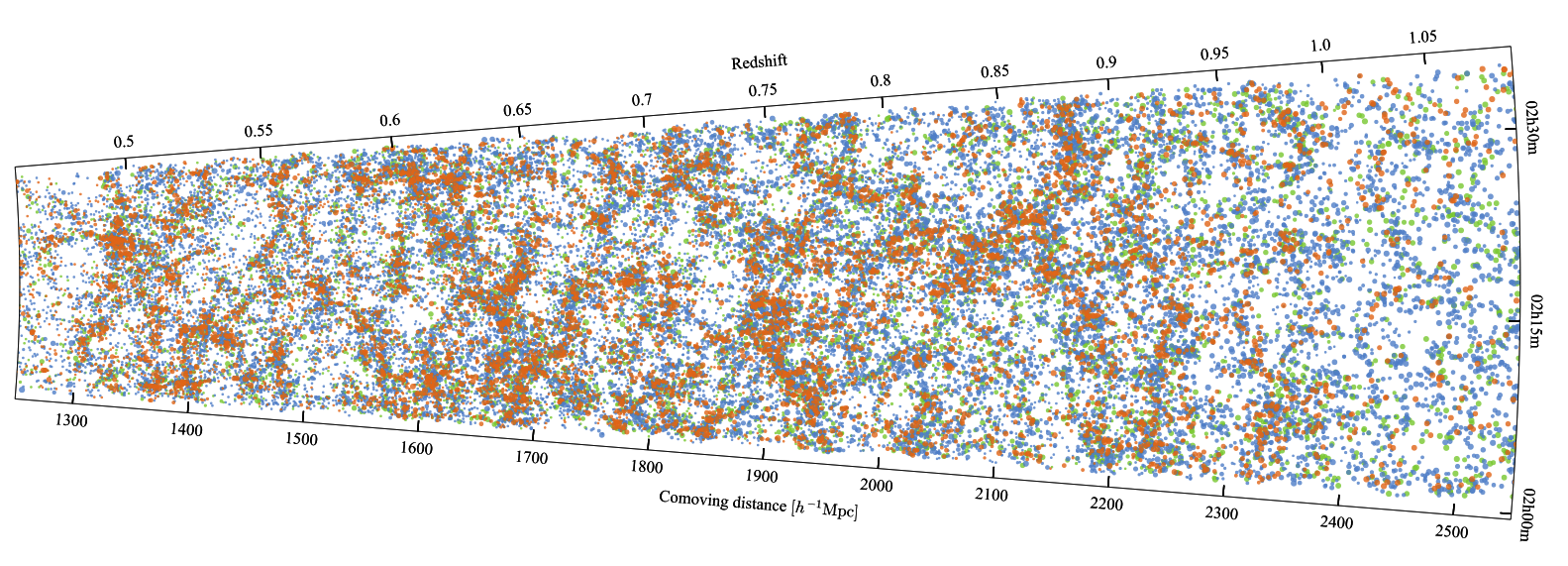- Docente titolare: Mattia Garavaglia
myAriel
Risultati della ricerca: 5296
- Docente titolare: Mattia Garavaglia
Il corso "Questioni di crimmigration", modulo integrativo del corso di Clinica legale in giustizia penale, intende offrire agli studenti gli strumenti essenziali per inquadrare i problemi della c.d. crimmigration, cioè della disciplina che intreccia il diritto dell'immigrazione con istituti e categorie del diritto penale. Agli studenti viene fornita una panoramica della materia al fine di comprendere: 1) il tema della criminalizzazione dello straniero attraverso norme che penalizzano le violazioni di condotte disciplinate dal diritto dell'immigrazione; 2) la problematica dell'ingresso e della permanenza sul territorio per coloro che hanno riportato condanne in sede penale; 3) l'apparato di strumenti formalmente di natura amministrativistica ma sostanzialmente penalistici (espulsioni e detenzione amministrativa). Il corso, dal taglio eminentemente pratico, oltre a fornire un quadro sintetico delle principali fonti normative in materia e della giurisprudenza di maggiore interesse, si propone di coinvolgere gli studenti attraverso l'analisi, l'approfondimento e la discussione dei casi incontrati durante l'esperienza della clinica legale, anche attraverso il confronto con le testimonianze di soggetti qualificati che operano sul territorio, portatori di esperienze significative per i temi trattati
- Docente titolare: Paolo Oddi
- Docente titolare: Paolo Oddi

- Docente titolare: Francesca Poggi
- Docente titolare: Silvia Zorzetto
- Docente titolare: Paolo Cortesi
- Docente titolare: Sara Savoldelli
- Docente titolare: Federica Villa
- Docente titolare: Paolo Cortesi
- Docente titolare: Sara Savoldelli
- Docente titolare: Federica Villa
- Docente titolare: Luisa Ottobrini
Gli argomenti trattati nel modulo di Otorinolaringoiatria vertono principalmente su quelle patologie di confine tra orbita e naso che possono essere di interesse per uno studente di ortottica.
- Docente titolare: Francesco Mozzanica
- Docente titolare: Electra Athena Salome' Brunialti
- Docente titolare: Franco Folli
- Docente titolare: Gianluca Nazzaro
- Docente titolare: Aglaia Vignoli
- Docente titolare: Roberto Ambrosini
- Docente titolare: Morena Casartelli
- Docente titolare: Paolo Lotti
- Docente titolare: Marco Merlini
- Docente titolare: Manuela Pelfini
- Docente titolare: Carlo Polidori
- Docente titolare: Massimo Tiepolo
- Docente titolare: Clara Di Vito
- Docente titolare: Elisa Erba
- Docente titolare: Emanuela Rita Galliera
- Docente titolare: Cristina Costanza Giovanna Gervasini
- Docente titolare: Giuseppina Bernardelli
- Docente titolare: Antonio Frizziero
- Docente titolare: Marco Froldi
- Docente titolare: Daniela Lucini
- Docente titolare: Nicole Pizzorni
- Docente titolare: Simona Simonetta
- Docente titolare: Fabio Maria Triulzi
- Docente titolare: Giovanni Vitale
- Docente titolare: Cinzia Bressi
- Docente titolare: Veronica Cimolin
- Docente titolare: Giacomo P. Comi
- Docente titolare: Valentina Fabiano
- Docente titolare: Camilla Barbara Fontana
- Docente titolare: Odoardo Picciolini
- Docente titolare: Enrico Burato
- Docente titolare: Silvana Castaldi
- Docente titolare: Camilla Luzzago
- Docente titolare: Agostino Riva
- Docente titolare: Luisa Romano'
- Docente titolare: Angelo Valerio Marzano

Scopo del corso di Cosmologia 2 e` fornire gli strumenti per comprendere lo studio della struttura a grande scala dell'Universo, arrivando a padroneggiare i concetti e le tecniche principali della teoria di formazione delle strutture cosmiche. Viene posta particolare enfasi sulla capacita` di analizzare i dati delle moderne survey di galassie con metodi statistici, e su come queste misure possano essere confrontate in modo quantitativo con la teoria, andando a vincolare i parametri cosmologici del modello standard.
- Docente titolare: Luigi Guzzo
- Docente titolare: Marco Lombardi
- Docente titolare: Davide Maino
- Docente titolare: Gaetano Ragucci